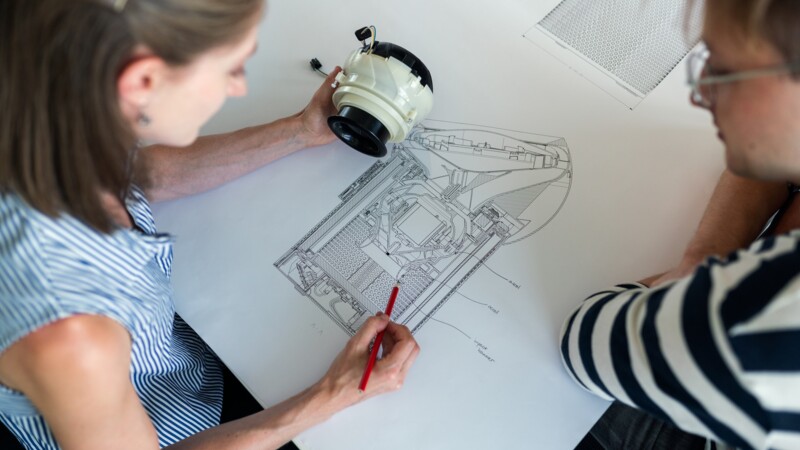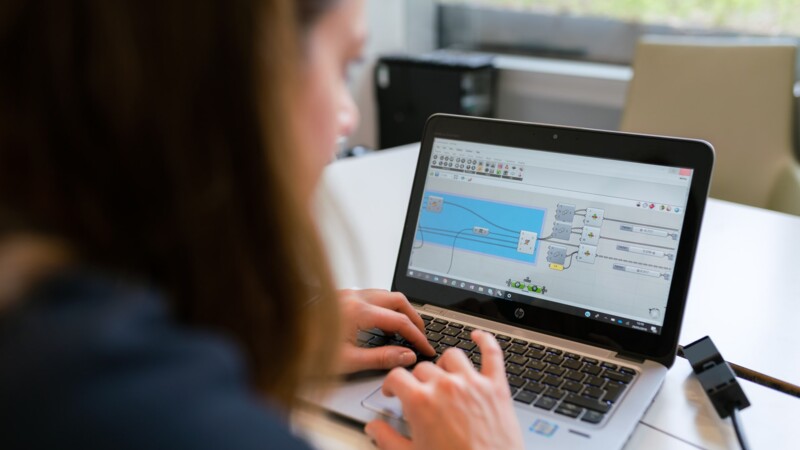“We see it as our responsibility as a business to continue to meet our training commitment to the next generation in full,” Nicole Heinrich, head of Training & HR Marketing at Otto says. “The last corona pandemic lockdown with home-schooling and a lack of social exchange was particularly challenging for many pupils.” This made it even more important now to offer young people a job opportunity and to prepare them for the future. “This moreover includes allowing our apprentices to work remotely, and that we provide the relevant technical equipment,” Heinrich adds.
At Otto, not only the staff will be able to continue to work away from the office across all of Germany following the end of the legal Working-from-Home Obligation, but also the apprentices. Rather than a compulsory return to the office, the Hamburg ecommerce company will rely a hybrid working model that implies a combination of presence at the workplace and remote working. In parallel, a hybrid model is also being planned for the next generation, which will link up in-person and mobile working.
Mobile working for apprentices as well
More than 200 young people currently in training at Otto
All 60 new apprentices and sandwich course students have started in their new jobs this year, for the most part virtually as a result of the pandemic. The company is making use of a digital onboarding procedure, linking up specialist online events and seminars with virtual networking. At the moment, a total of more than 200 young people are in training at Otto. The demand for junior employees has been rising for years, primarily in ecommerce and technology, the company says.
cb/sb/rm
Sources and further information
More
Similar articles

Otto Group announces over 20 per cent growth in e-commerce

Hamburg launches "Bridges to Apprenticeships" scheme

Chamber of Commerce to host online speed dating for apprenticeships
